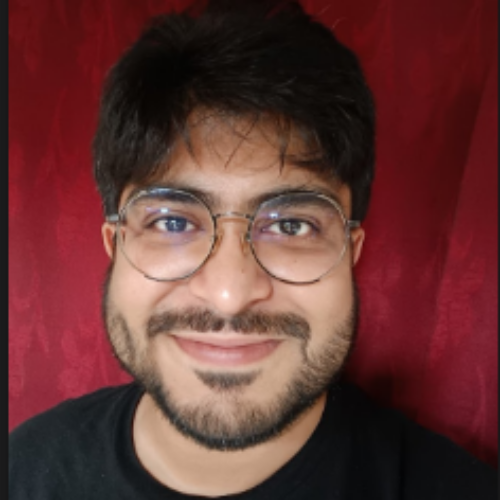
Dr Sayantan Mandal studies Natural Language from the perspectives of Cognitive Neuroscience and Psychology. Specifically, Dr Mandal explores the computational architecture of natural language phonology, its implementation in the human brain, and the ways in which it interfaces with the sensory and motor systems. He received Masters’ degrees from EFL University (Hyderabad) and The University of Auckland respectively, specialising in Generative Linguistics. Following this, Dr Mandal was a post-graduate psycholinguistics researcher at the MARCS Institute of Brain, Behaviour and Development in Sydney, Australia. His PhD work was carried out at Université Concordia, in Montreal, with support from CNRS’ Bases, Corpus et Langage and Complexity and Cognition Laboratories at Université Côte d’Azur, in Nice, France.
Dr Mandal’s research straddles the interfaces between computational-representational theories of Generative Grammar, Biolinguistics and empirical methods in Cognitive Neuroscience. Specialising in using spatial and temporal neuroimaging methods, particularly functional magnetic resonance imaging (fMRI) and electroencephalography (EEG), Dr Mandal aims to identify the neural substrates of cognitive computations. Currently, Dr Mandal is working with colleagues from CNRS on isolating temporal neurophysiological signatures of sub-modules of linguistic and speech processes. Particular research interests include working with undergraduate and graduate students who wish to undertake theoretical and experimental neuropsychological work involving language and its various interfaces, including perception, articulation and vision.